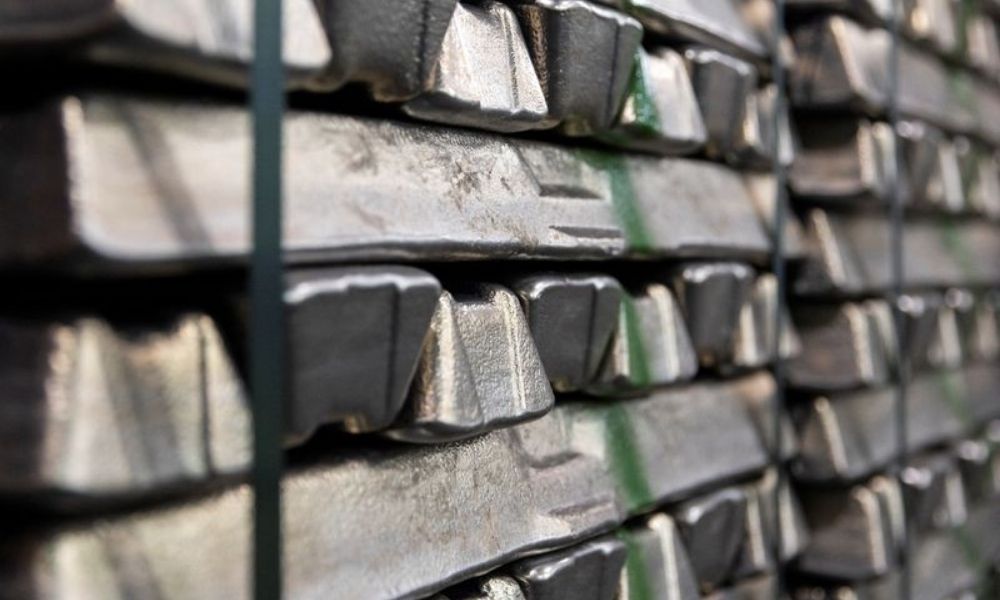
SINGAPORE (Reuters) Commodity markets were on track on Friday for their biggest weekly gains in years. The shuttering of Ukrainian ports and sanctions against Russia sent energy, crop and metal buyers scrambling for replacement supplies.
Russia is one of the world's biggest exporters of key raw materials, from natural gas and crude oil to aluminium and wheat, so the possible exclusion of supplies from the country due to sanctions has sent traders and importers into a frenzy.
"We are seeing the commodity 'melt-up' continue with no sign of a let-up," ED&F Man Capital Markets wrote in a note.
Global commodities markets 'melt up' after Russia invades Ukraine & gets hit with sanctions "Commods Wrap Market".
"More precisely, there is a massive repricing going on which will presumably stop when most, if not all, of Russia's contribution to the global supply/demand commodity chain is 'scrubbed' off the numbers and discounted by the markets."
The Chicago Board of Trade's (CBOT) most-active wheat contract has climbed 40% this week, the biggest weekly gain on record, while corn is up 16% and soybeans have added 5%.
Oil prices are set to post their strongest weekly gain since the middle of 2020, with WTI up 19% and Brent up 16% after hitting their highest levels in a decade this week.
Three-month aluminium on the London Metal Exchange, which hit an all-time high on Friday, is headed for its biggest weekly gain on record.
Nickel hovered close to a seven-year high, with prices on track for their biggest weekly rise since August 2019.
Benchmark iron ore futures in China clocked their biggest weekly gain in more than two years at nearly 20% on supply disruption fears.
Red-hot commodity prices are set to increase inflationary pressure on economies trying to recover from the COVID-19 pandemic, denting growth prospects.
Meanwhile, Asian equities and the euro slumped on Friday after news of a fire near a Ukraine nuclear facility following Russian forces heightened investors' fears about the escalating conflict.
The euro was set for its worst week versus the dollar in nearly two years, as the war in Ukraine and the prospect of sustained high commodity prices continued to drag on expectations of European economic growth.
Weaker currencies against the greenback also reduce the ability of buyers to secure commodities, which are mostly priced in U.S. dollars.